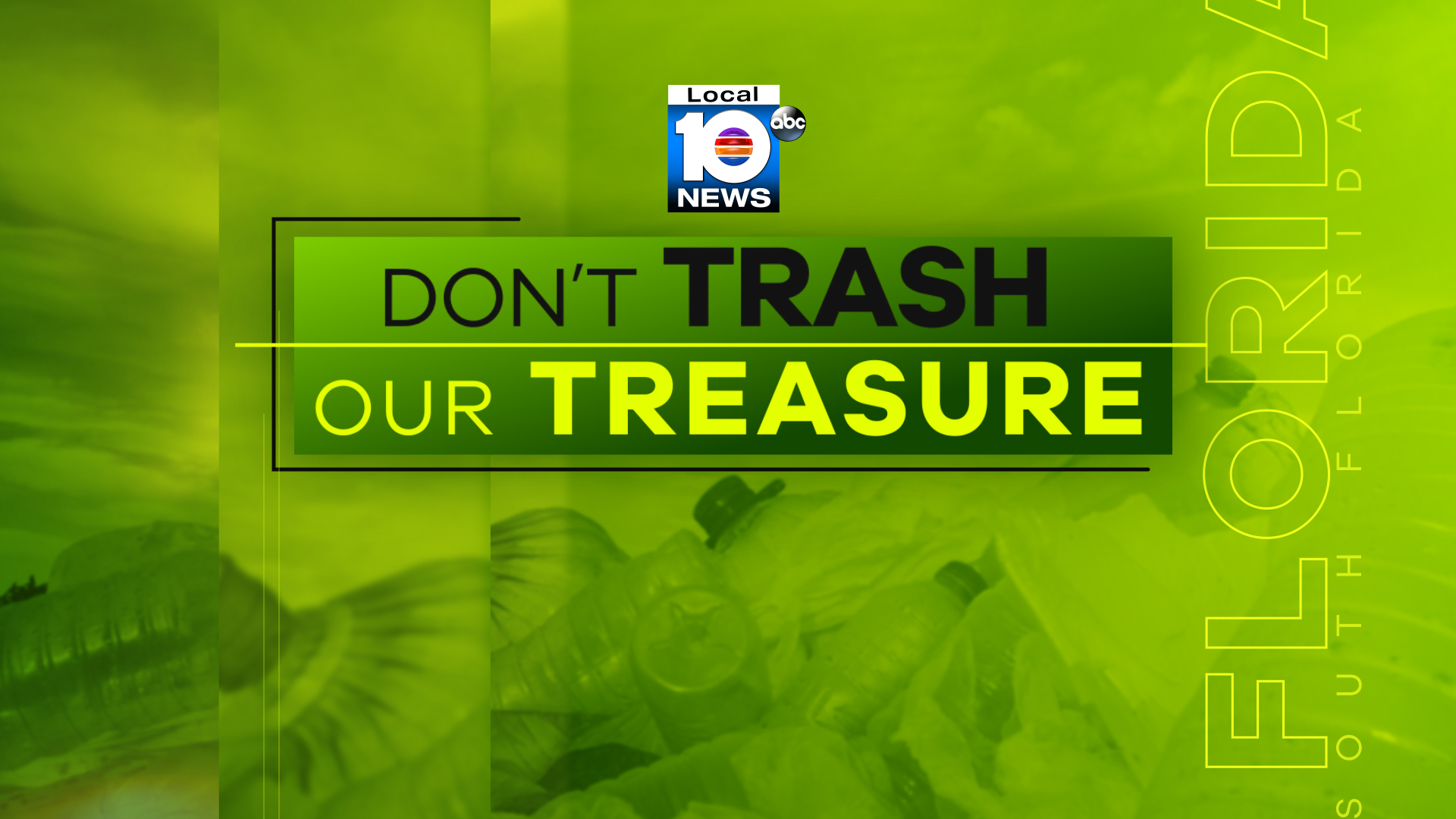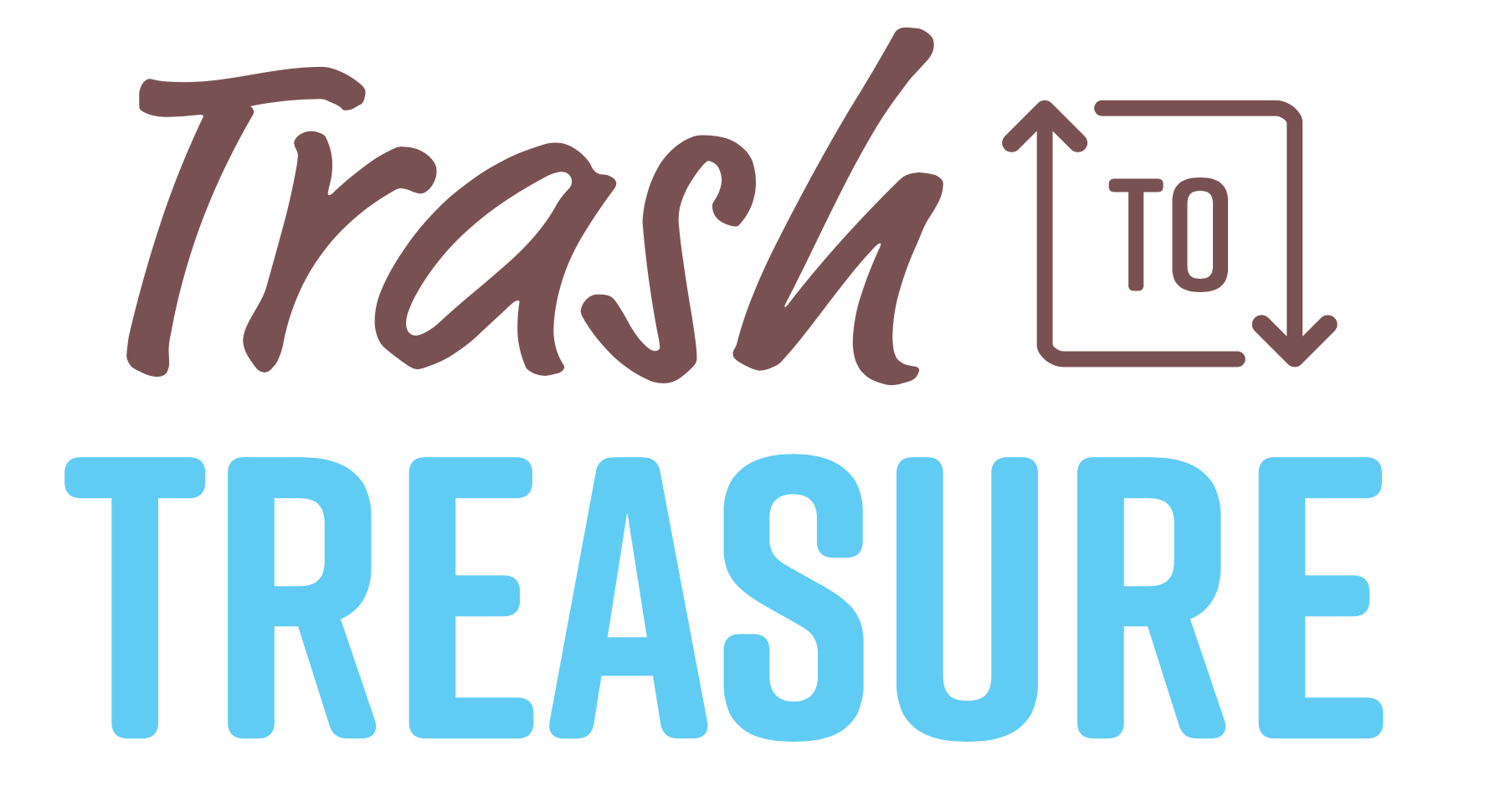Don't Trash Our Treasure: A Call To Action For A Greener World
Our planet is more than just a place we live in; it's a treasure we need to protect. The phrase "don't trash our treasure" isn't just a catchy slogan—it's a rallying cry for everyone who cares about the future of our environment. We're talking about the air we breathe, the water we drink, and the land that feeds us. But here's the kicker: we're not doing such a great job taking care of it. Pollution, deforestation, and climate change are real problems that threaten the very foundation of life on Earth.
Think about it—our oceans are drowning in plastic, our forests are disappearing at an alarming rate, and our cities are choking on smog. It's time we stopped treating the Earth like an endless trash can. The treasure we're talking about isn't just natural resources; it's also the beauty, diversity, and wonder that make our planet so special. "Don't trash our treasure" is about preserving that beauty for future generations.
This movement isn't just for environmentalists or scientists. It's for everyone—moms, dads, kids, teachers, business owners, and even politicians. We all have a role to play in protecting the Earth, and it starts with small actions that add up to big change. So, are you ready to join the fight? Let's dive into the details of why this matters and how we can all make a difference.
Read also:Pictures Of Julia Stiles A Stunning Journey Through Her Iconic Moments
Why "Don't Trash Our Treasure" Matters
The phrase "don't trash our treasure" is more than just a catchy line. It's a call to action for all of us to take responsibility for the health of our planet. The treasure we're talking about includes everything from lush forests and pristine beaches to the air we breathe and the water we drink. But here's the thing: we're trashing it. Big time. Pollution, waste, and unsustainable practices are threatening the very foundation of life on Earth.
The Growing Problem of Pollution
Pollution is one of the biggest threats to our planet. From plastic waste in the oceans to toxic chemicals in the air, we're creating a mess that's hard to clean up. Did you know that over 8 million tons of plastic end up in our oceans every year? That's like dumping a garbage truck full of plastic into the ocean every minute! And it's not just the oceans that are suffering. Air pollution is responsible for millions of premature deaths each year, and water pollution is making clean drinking water harder to find in many parts of the world.
Deforestation: A Threat to Our Planet's Lungs
Forests are often called the "lungs of the Earth," and for good reason. They produce oxygen, absorb carbon dioxide, and provide habitat for countless species. But deforestation is happening at an alarming rate. Every year, we lose millions of hectares of forest to logging, agriculture, and urbanization. This not only threatens biodiversity but also contributes to climate change by releasing stored carbon into the atmosphere.
Understanding the Impact of Climate Change
Climate change is one of the most pressing issues of our time. It's caused by the buildup of greenhouse gases in the atmosphere, primarily from burning fossil fuels. The effects are already being felt around the world, from rising sea levels to extreme weather events. But here's the kicker: climate change doesn't just affect the environment—it affects people too. It leads to food shortages, displacement, and economic instability.
The Role of Fossil Fuels
Fossil fuels like coal, oil, and natural gas are the primary drivers of climate change. They release carbon dioxide and other greenhouse gases when burned, trapping heat in the atmosphere and causing global temperatures to rise. The good news is that we have alternatives. Renewable energy sources like solar, wind, and hydroelectric power are becoming more affordable and accessible. The challenge is transitioning away from fossil fuels fast enough to avoid catastrophic consequences.
How Climate Change Affects Us All
Climate change isn't just a problem for polar bears and coral reefs. It affects everyone, no matter where you live. Rising temperatures lead to more frequent and severe heatwaves, which can be deadly for vulnerable populations. Melting glaciers and ice caps contribute to rising sea levels, threatening coastal communities. And extreme weather events like hurricanes, floods, and droughts are becoming more common and more destructive.
Read also:Araw Ng Davao 2024 A Celebration Of Culture Unity And Joy
Simple Actions You Can Take
You don't have to be a scientist or an activist to make a difference. Small actions can add up to big change. Here are some simple things you can do to help protect the planet:
- Reduce your use of single-use plastics
- Recycle and compost whenever possible
- Conserve water by fixing leaks and turning off taps
- Use energy-efficient appliances and light bulbs
- Support companies that prioritize sustainability
Reduce, Reuse, Recycle
The three R's—reduce, reuse, and recycle—are a great place to start. Reducing waste means using fewer resources and creating less trash. Reusing items extends their lifespan and keeps them out of landfills. And recycling ensures that materials are reused instead of discarded. It's a simple formula, but it can make a big difference.
Make Sustainable Choices
When it comes to shopping, eating, and traveling, there are plenty of ways to make more sustainable choices. Buy products with minimal packaging, choose locally sourced foods, and opt for public transportation or carpooling when possible. Every choice you make has an impact, so choose wisely.
Education and Awareness
Education is key to solving environmental problems. Many people simply don't know the extent of the damage we're doing to the planet or how they can help. That's why raising awareness is so important. Schools, communities, and governments all have a role to play in educating people about the importance of protecting our environment.
Teaching the Next Generation
Children are the future stewards of our planet, so it's crucial to teach them about environmental issues from a young age. Schools can incorporate environmental education into their curricula, and parents can lead by example at home. By instilling a love for nature and a sense of responsibility for the planet, we can inspire the next generation to take action.
Community Initiatives
Communities can also play a big role in raising awareness and promoting sustainability. Local governments can implement recycling programs, green spaces, and renewable energy initiatives. Community groups can organize clean-up events, tree-planting projects, and educational workshops. Together, we can create a culture of environmental responsibility.
Corporate Responsibility
Businesses have a huge impact on the environment, both positive and negative. Many companies are taking steps to reduce their environmental footprint by adopting sustainable practices, but there's still a long way to go. Consumers have the power to influence corporate behavior by supporting companies that prioritize sustainability and holding others accountable for their actions.
Sustainable Business Practices
Companies can reduce their environmental impact in a variety of ways. They can switch to renewable energy sources, reduce waste and emissions, and source materials sustainably. Some companies are even going a step further by adopting circular economy models, where products are designed to be reused or recycled at the end of their life cycle.
Consumer Power
As consumers, we have the power to drive change by supporting companies that prioritize sustainability. We can vote with our wallets by choosing eco-friendly products and services. We can also hold companies accountable by speaking out against unsustainable practices and demanding better alternatives.
Government Action and Policy
Governments have a crucial role to play in protecting the environment. They can enact laws and regulations that promote sustainability, invest in renewable energy, and protect natural resources. But here's the thing: government action alone isn't enough. We need citizens, businesses, and communities to work together to create a sustainable future.
Environmental Policies
Effective environmental policies are essential for addressing issues like climate change, pollution, and deforestation. Governments can set emissions targets, implement carbon pricing, and provide incentives for renewable energy. They can also protect natural habitats and biodiversity through conservation programs and wildlife protections.
International Cooperation
Environmental problems don't respect national borders, so international cooperation is essential. Agreements like the Paris Climate Accord bring countries together to work toward common goals. But there's still a lot of work to be done, and it requires commitment and collaboration from all nations.
Conclusion: Join the Movement
Protecting the planet is a shared responsibility. The phrase "don't trash our treasure" reminds us that we have a precious gift to protect. From reducing waste and conserving resources to supporting sustainable businesses and advocating for policy change, there are countless ways to make a difference. The key is taking action—no matter how small—and inspiring others to do the same.
So, what will you do? Will you reduce your plastic use? Support sustainable businesses? Advocate for environmental policies? Every action counts, and together, we can create a brighter, greener future for everyone. Share this article with your friends and family, leave a comment with your thoughts, and let's keep the conversation going. Our planet depends on it.
Table of Contents
- Why "Don't Trash Our Treasure" Matters
- The Growing Problem of Pollution
- Deforestation: A Threat to Our Planet's Lungs
- Understanding the Impact of Climate Change
- The Role of Fossil Fuels
- How Climate Change Affects Us All
- Simple Actions You Can Take
- Reduce, Reuse, Recycle
- Make Sustainable Choices
- Education and Awareness
- Teaching the Next Generation
- Community Initiatives
- Corporate Responsibility
- Sustainable Business Practices
- Consumer Power
- Government Action and Policy
- Environmental Policies
- International Cooperation
Article Recommendations


